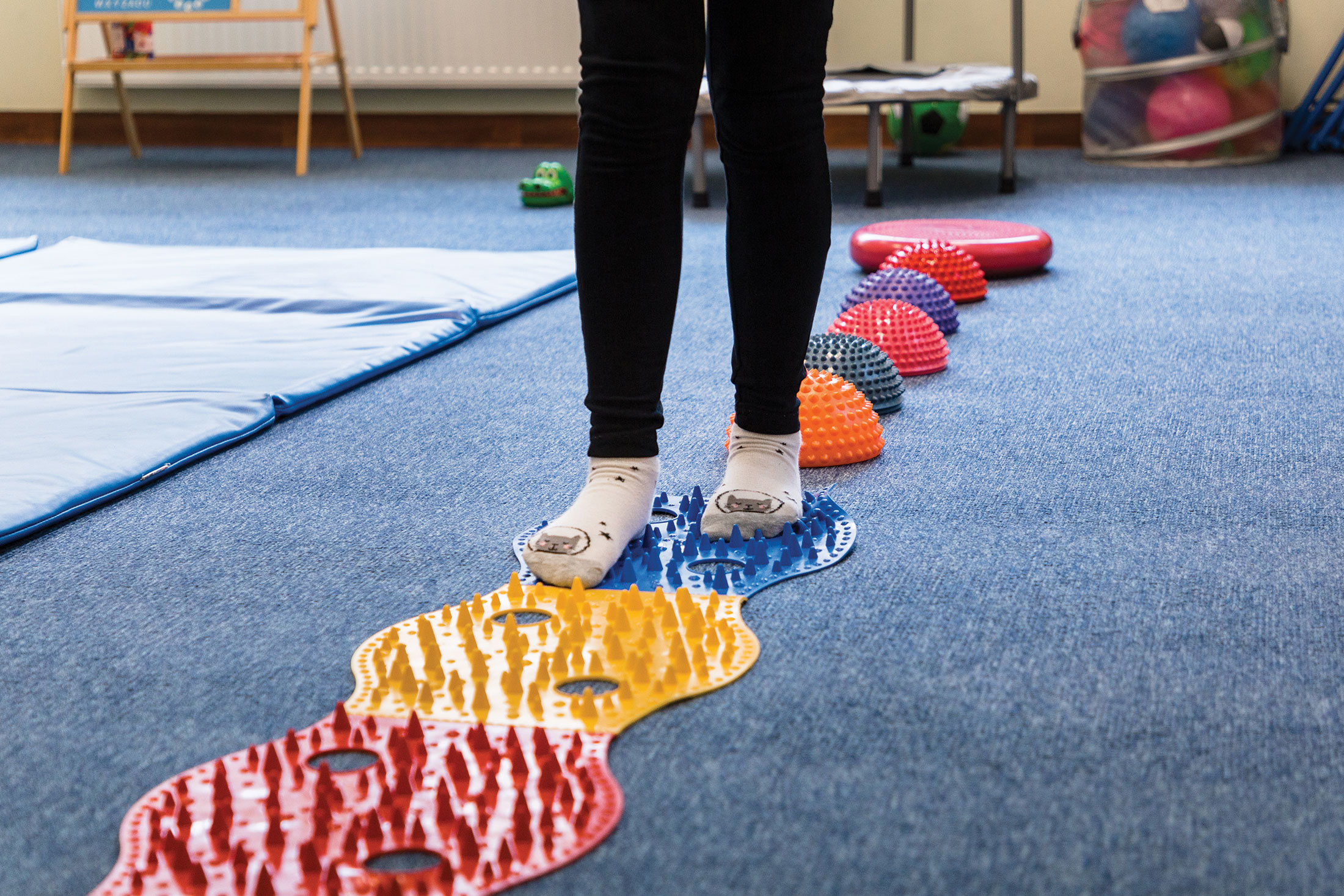
Occupational Therapy for Your Child’s Success
By Amber Irvin, CPS
As parents, we want the best for our children—whether it’s academic success, strong friendships, or the ability to navigate everyday life confidently and independently. But for many children, developmental, emotional, or physical challenges can make everyday activities more difficult. This is where occupational therapy (OT) can make a profound difference.
Occupational therapy isn’t just for adults recovering from injury. For children and teens, OT focuses on helping them build the essential skills they need to thrive at home, in school, and in the community.
What Is Occupational Therapy for Children and Teens?
In simple terms, occupational therapy helps people develop the skills they need to do the things that are important in their daily lives—or “occupations.” For children and youth, this means activities like playing, learning, getting dressed, using utensils, managing emotions, making friends, and becoming more independent.
Pediatric occupational therapists are trained to work with children from infancy through adolescence. They assess a child’s strengths and challenges, then use play-based and goal-oriented interventions to build important life skills.
Common Reasons Children Might Need OT
Children may benefit from OT for a variety of reasons, including:
- Developmental delays
- Autism spectrum disorder (ASD)
- Sensory processing challenges
- Attention-deficit/hyperactivity disorder (ADHD)
- Learning disabilities
- Fine or gross motor skill delays
- Physical disabilities or chronic health conditions
- Emotional or behavioral difficulties
If your child struggles with basic daily activities, coordination, focus, or social interactions, occupational therapy could be a valuable resource.
Key Benefits
- Improved Motor Skills for Everyday Tasks: Many children in OT work on improving their fine motor skills (like holding a pencil or buttoning a shirt) or gross motor skills (like balancing, running, or climbing stairs). These are foundational for both school and self-care activities.
A child who struggles with handwriting, tying shoes, or using scissors may quickly fall behind or feel frustrated. Occupational therapists use fun, engaging exercises to strengthen coordination and build confidence. As skills improve, so does independence.
- Support for Sensory Processing Challenges: Does your child seem overly sensitive to sounds, textures, or bright lights? Or perhaps they’re constantly seeking movement and stimulation? These could be signs of sensory processing difficulties, which are common in children with ASD or ADHD.
Occupational therapists use sensory integration therapy to help children better respond to sensory input. With the right support, children can learn to regulate their reactions, leading to fewer meltdowns and greater participation in daily life.
- Improved Emotional Regulation and Behavior: Emotional regulation—knowing how to manage big feelings like anger, frustration, or anxiety—is critical for a child’s well-being. Many children who struggle in this area experience outbursts or shutdowns at home or school.
OT can teach children coping strategies, self-calming techniques, and problem-solving skills through structured play and routines. Over time, children learn how to better express their emotions and interact more positively with others.
- Enhanced Focus and Organizational Skills: Children with ADHD or executive functioning challenges often have trouble starting tasks, staying on track, or managing time. These difficulties can affect academic performance and self-esteem.
Occupational therapists work with children to develop routines, visual schedules, and organization strategies that support learning and focus. These tools can be game-changers, helping children gain control over their daily responsibilities.
- Greater Independence in Self-Care and Life Skills: From brushing teeth to packing a backpack, OT helps kids build the skills they need to be more independent at home and in the community. As they grow older, therapy may focus on preparing teens for adulthood with life skills like cooking, budgeting, or using public transportation.
Independence isn’t just about convenience—it’s about building a child’s confidence and sense of competence in the world.
- Social Skills Development: Many children struggle with social interactions, whether it’s taking turns, understanding body language, or making and keeping friends. Occupational therapists use role-playing, group activities, and structured games to help children practice appropriate social behavior in a safe environment. Improved social skills often lead to better peer relationships, increased self-confidence, and a more positive school experience.
- Parental Support and Involvement: One of the most valuable aspects of occupational therapy is that it doesn’t happen in a vacuum. Therapists work closely with parents and caregivers, offering guidance, education, and strategies that can be used at home.
You’ll learn how to support your child’s development in daily routines, how to handle specific challenges, and how to celebrate progress—even the small wins.
How to Know If Your Child Might Benefit from OT
As a parent, trust your instincts. If you’ve noticed that your child:
- Struggles with basic self-care tasks
- Is falling behind developmentally
- Has difficulty focusing or following instructions
- Avoids certain textures, foods, or environments
- Displays frequent frustration or emotional outbursts
- Has trouble with coordination or balance
- Is not reaching expected milestones for their age
…it may be time to speak with your pediatrician or request an occupational therapy evaluation.
Occupational therapy is more than just a clinical service—it’s a powerful tool for empowering children and supporting families. Whether your child needs help with motor skills, emotional regulation, sensory integration, or daily living activities, OT can provide personalized, meaningful support that helps your child thrive.
Understanding the benefits of occupational therapy can open doors to the support and resources your child needs to grow into a capable, confident, and independent individual.
